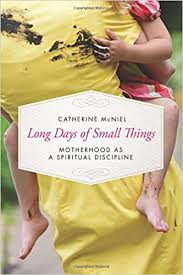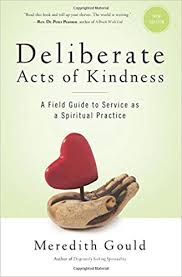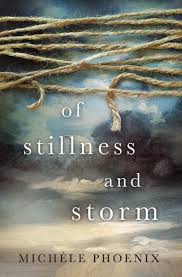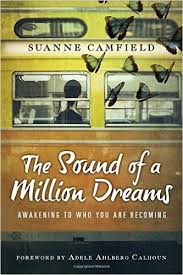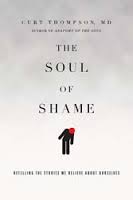 We recognize shame in the form of someone else’s finger wagging in our faces, telling us we messed up when we should have done better. Those “You should be ashamed of yourself!” moments are the tip of the iceberg, according to author Curt Thompson. In his book The Soul Of Shame, Thompson explores the internal mechanisms of shame that warp our understanding of ourselves, of the world around us, and of God. When we’re able to use words to describe our feelings of shame, we tend to use phrases like “I’m not good enough/smart enough/pretty enough”, “I stink”, or “I don’t matter”. “…We would be mistaken if we thought that the story of shame begins with those words or that they tell it in its entirety,” he writes.
We recognize shame in the form of someone else’s finger wagging in our faces, telling us we messed up when we should have done better. Those “You should be ashamed of yourself!” moments are the tip of the iceberg, according to author Curt Thompson. In his book The Soul Of Shame, Thompson explores the internal mechanisms of shame that warp our understanding of ourselves, of the world around us, and of God. When we’re able to use words to describe our feelings of shame, we tend to use phrases like “I’m not good enough/smart enough/pretty enough”, “I stink”, or “I don’t matter”. “…We would be mistaken if we thought that the story of shame begins with those words or that they tell it in its entirety,” he writes.
“For although we come to understand much of who we are through the medium of language as a way to make sense of reality, our lives emerge most primally in the forms of bodily sensations and movement, perceptions, and emotions…many of the emotions that represent distress within us are an extended development of this particular state.” Thompson, a psychiatrist, offers a valuable exploration of the way in which shame rewires our bodies and minds. “…Shame as a neurobiological phenomenon is not bad in and of itself. It is, rather, our system’s way of warning of possible impending abandonment, although we do not think of it in those terms, and certainly not at very early ages. However, our problem with it is generally that we tend to respond to it by relationally moving away from others rather than toward them, while experiencing within our own minds a similar phenomenon of internal disintegration.” Our experience of shame both forms and flows from this internal disintegration.
He builds a case for not only understanding the pervasive way in which shame motivates us via both big moments in our developments and a million micro moments that reinforce our shame response, but addressing the way in which we can work with God to rewire those shame responses in ourselves. “The solution lies, ironically, in doing the very thing that shame convinces us is the most dangerous, threatening act we could commit.” That act is vulnerability. Ever since our forebears Adam and Eve chose to cover their moral guilt and attendant shame in fig leaves, we’ve practiced our shame response. Practicing the opposite rewires our sin-damaged minds and bodies, and reflects the movement toward reintegration that characterizes the abundant life of which Jesus spoke.
To “fix our eyes on Jesus” means watching him and doing what he did. It is to internationally seek out our shame, expose it, and reframe it in light of our Father telling us that we are his daughter and sons in whom he is well-pleased. For this to happen, we must practice embodied acts of imagination that enable all our sensations, images, feelings, thoughts and physical actions to reflect our sense of God’s delight with us.
There is risk a-plenty in the practice of confession, of exposing our brokenness to others. Thompson advocates we practice first in the context of safe community. In some cases, the nucleus of this community will happen for an individual in a trusted counselor’s office. But for most of us, a friend or a healthy (!) small group can be the place we work with intention to reverse shame’s curse. The risk is that our self-exposure might result in harm. But Thompson contends that we will not flourish as long as shame is pulling the strings on our behavior.
Fans of Brene Brown’s work will find in The Soul Of Shame an intelligent, complementary (but not identical) companion to their reading. This book would also be helpful to pastors, spiritual directors, and anyone who finds themselves longing to understand why they do the things they don’t want to do – and how to move toward joy instead. “In any instant it boils down to microdecisions we make that generally move us in one of two directions: a more integrated, resilient life of connection with God and others, or a more disintegrated, separated, chaotic and rigid life. Every minute of every day we choose between shame and love,” Thompson writes. It takes intention to combat shame, but, as he reminds us, it is not a battle we fight alone. Our God fights for and with us.
Note: I received a complementary copy of this book from the publisher, but the price I paid for the book did not in any way influence my words about it.


